RECONCILIATION AND SOCIAL JUSTICE INITIATIVES AT THE CHILDREN’S FOUNDATION
“It is precisely because education was the primary tool of oppression of Aboriginal people and the miseducation of all Canadians, that we have concluded that education holds the key to reconciliation.”
Justice Murray Sinclair
Call to Action – Reconciliation and Resurgence
The Children’s Foundation (TCF) has adopted the Truth and Reconciliation Calls to Action on Education. As an organization based in colonial history, we have begun a learning journey to increase our awareness of Indigenous culture, land, histories, traditions and practices. The impacts of colonialism, particularly as it was embodied in the Indian residential school and the child welfare systems, persist today.
TCF has chosen to face the truth of injustices in Canada and we have a ways to go in order to unravel our “colonial privilege.” We recognize it is our job to take responsibility to “decolonize” ourselves and learn what it means to be an ally and to ally with our Indigenous children and families. Although truth and justice both live and come from the heart – we recognize that colonial apologies will not be enough to transform this massive social injustice. Only our concrete actions, rooted in the fundamental belief of human safety, dignity and connection and the self –determining rights of Indigenous peoples, will transform the current conditions and bring us closer to reconciliation we seek for a future without systemic oppression and injustice.
Here are some of our guiding principles and reconciliation initiatives we have undertaken:
-
Ensure that TCF staff is familiar with the goals of the TRC Calls to Action and the Aboriginal Policy and Practice Framework
-
Relationship building between Indigenous community – Elders, traditional teachers, parents and community members and the child welfare system
-
Find ways to learn, invite and honour Indigenous ways of knowing
-
Developing partnerships with Indigenous families who can share their culture and can identify with our Indigenous children and families
-
Create a service culture based on respect where Indigenous children and families experience safety, dignity, belonging and connection
-
Understand and incorporate Indigenous perspectives that are holistic, experiential and are rooted in Indigenous languages, cultures and spirituality, community and family centered
-
Use of Best Practices frameworks for non-Indigenous service workers – that are politically and culturally aware
-
Serving from a Cultural Humility framework – challenge our staff to think critically about their own biases and perspectives as a result of colonialism
-
Get to know each Indigenous child and family and fully support their autonomy knowing that they are fully capable with or without us
